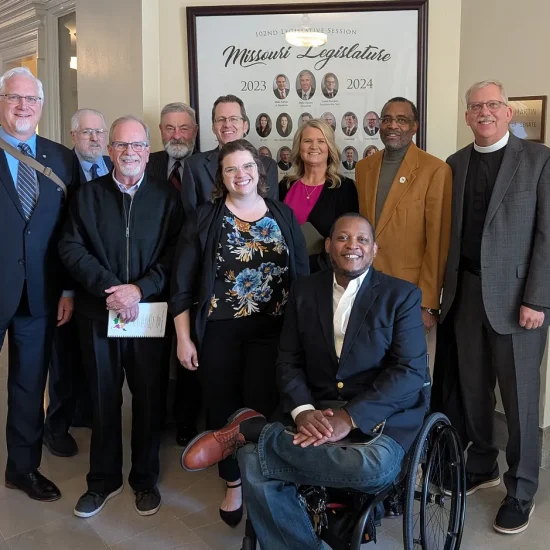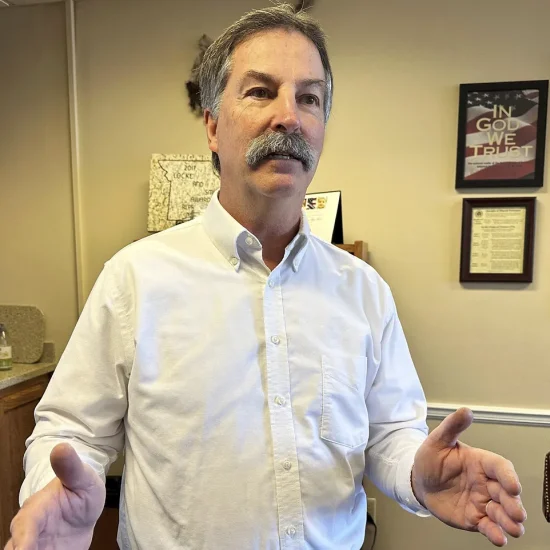By Carla Wynn, CBF Communications
Columbia — As community developers committed to easing rural poverty's toll, Don and Doris Littrell of Columbia think partnering with impoverished people empowers them.
As coordinator of Partners in Hope, the Cooperative Baptist Fellowship's rural poverty initiative, Tom Prevost thinks partnering with a retired couple who have a collective 45 years of community development expertise empowers the initiative.
The Littrells, members of Memorial Baptist Church, Columbia, have been community development training resource consultants for Partners in Hope since 2001. Both Don, 68, and Doris, 66, brought years of experience to PIH. Littrell, a former community development professor at the University of Missouri for 35 years, was on the original community development wave that started in the 1960s.
Doris said her involvement started about 10 years ago. At one point, the pair ran a community development consulting business when Doris wasn't working her day job as a continuing education administrator at the university.
In 2001, the Littrells began praying about plans for retirement. Then-temporary Partners in Hope director Tom Ogburn had been praying for community developers to get involved in the new initiative. Two weeks after the Littrells started praying, they read about the new program in CBF's newsletter. "We got goosebumps and thought this is it," Doris said.
As consultants, the Littrells have provided training for Partners in Hope leadership at several key initiative sites, including the Mississippi Delta, Perry County in Alabama, Arkansas and the Rio Grande Valley in Texas. The Littrells also point people to further training opportunities and a lengthy bibliography of academic resources.
One of the Littrells' missions has been to educate people on community development, which moves beyond charity and focuses on empowering people to take charge of their lives. The Littrells "press us to get to know the people and build relationships," which are essential to making a long-term impact, Prevost said.
Because the poverty cycle stems from low self-worth, lack of confidence and an absence of control over life, "poverty is more than just having no money. People have a sense that there's no hope," Doris said.
Not only have the Littrells been personal mentors in Prevost's understanding of community development, but their wealth of experience has affirmed the direction of Partners in Hope. "The Littrells have proven to be essential to keeping our feet to the fire in local, assets-based community development integrity" Prevost said. "They are unabashed in their expression of concern for those who live in poverty and treating those persons with dignity and respect."
Another key emphasis for the Littrells has been urging Partners in Hope to better utilize volunteers. Many congregations have active or retired schoolteachers, healthcare workers and other professionals who have applicable skills to aid rural poverty. "There's an underestimation of what volunteers can do, especially if they know how they can make a difference," Littrell said.
The couple has found involvement rewarding, although it required a shift in self-image. When Ogburn told them they were an answer to prayer, Littrell said they had never before considered themselves as such. He added that a new title was even more surprising. "When somebody called us missionaries, it blew our minds. We never thought of ourselves that way," he said.
Littrell said that in some ways, it feels like he never retired. Being able to use a lifetime of expertise on a worthwhile cause has been a Godsend for Littrell, who has inoperable cancer. "This work gives me something to live for," he said.
While the Littrells believe the poverty problem will never be solved, much can be done to empower people to surpass their own expectations. "There are a lot of poor people, but every one of them is worthwhile," Doris said. "We can rejoice with them when they move ahead with their lives." (1-28-05)






